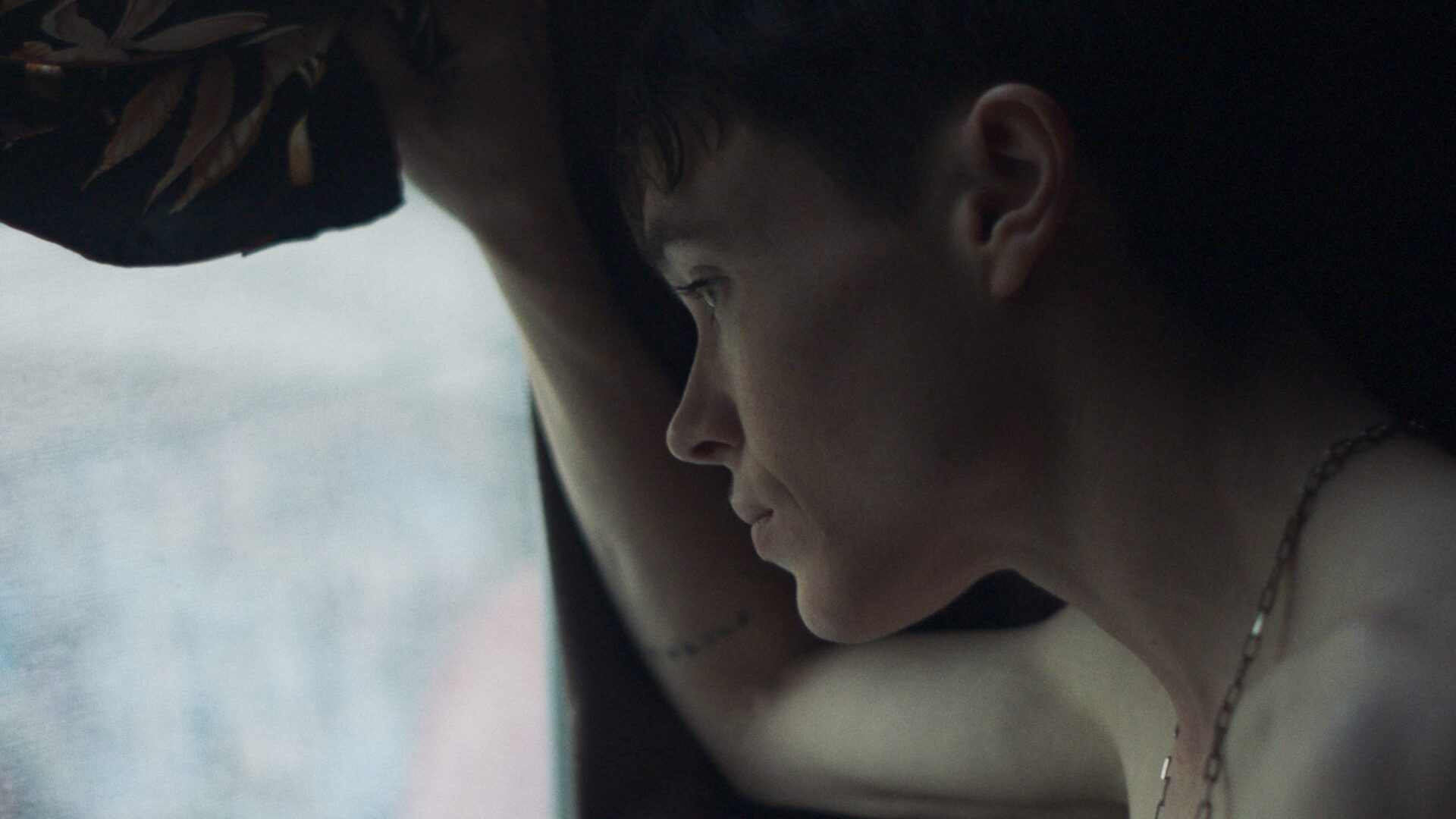Close To You review: A relatable story headed by a moving portrayal from Elliot Page
"Page's own personal experience seems to bleed into Sam's helping inform the character, the energy, and the authenticity of the scenes"

What resonated most with me about seeing Elliot Page’s Close To You was the sense of unease about going home. For queer people returning to our hometowns can be difficult. For some, it’s a place where we haven’t always felt like the truest versions of ourselves, code-switching if not outright hiding who we are to get by. Even if families and friends are accepting of our queer identities, going back can come with a sense of dread.
This is how we find Sam (Page) who lives in Toronto but is about to return to his hometown for the first time since transitioning. It’s also been four years since he was last at home. The tension is apparent from the first few frames, the nerves bubbling up as he talks to his flatmate.
On the train home, he sees Katherine (Hillary Baack), an old school friend with whom there are unresolved feelings. It appears those are mutual. Through longing looks and slightly awkward conversation, they reconnect hinting at how they feel about one another. But it’s not easy for either.
Back at home, Sam is warmly greeted by his siblings, most of their partners, and his parents. Everyone is trying their best to appear happy, and indeed they are. But an underlying tension pervades. His mum (Wendy Crewson) does her best to seem like she’s done her work but is overly keen to demonstrate this and accidentally misgenders Sam. She gets upset and Sam is forced to console her in a relatable moment of how queer people can sometimes have to help others through their journeys.
It doesn’t take long for the tension to come to the fore elsewhere. In a one-to-one conversation with a sister with whom Sam shared a room as children, the sister tells Sam she worried about him being away for so long. He tells her she wasn’t worried about him when he wasn’t doing ok i.e. pre-transition when he was struggling with his gender identity. Sam is finally able to articulate how unseen he feels at home and the issues he had growing up. It’s an eye-opening experience for his sibling who ultimately is there to comfort him. It’s refreshing to see his family supporting Sam.
Largely improvised, the film navigates these moments and interactions well. Page’s own personal experience seems to bleed into Sam’s helping inform the character, the energy, and the authenticity of the scenes. It’s what makes these moments so powerful and emotional. Whether Sam is reconnecting with family or fighting off his transphobic in-law, there is a rawness to the dialogue and the atmosphere that could have been missing had it been scripted and rehearsed.
In between these family scenes, Sam reconnects further with Katherine. These moments are sweet and endearing offering some relief from the tensions at home. They’re fleeting although not so much as to wonder why they’re included. They add to the idea of reconciling with your past and being able to move forward with boldness and confidence, which it feels like Sam does at the end. However, the timeline for the whole film is hazy. It’s unclear if most of the action takes place over one day. If so, Sam moves around a lot between his family home and other parts of town.
Page gives a memorable performance as Sam. Again, his experiences, which he has told Attitude are not exactly like Sam’s, do add to the authenticity. It’s a moving portrayal of someone still on a journey to feel their most confident in their skin. But by the end, it feels like he has triumphed. It also speaks to the power of having trans voices telling trans stories.
Director Dominic Savage’s choice to film freehand without a camera stand, setup, or lighting gives the film another layer of realness. The camera follows Sam and the other characters around bringing the audience in as if we’re a witness. It’s a bold choice but it works well given the personal nature of the film and the conversations it has.
BFI Flare runs from 13-24 March 2024. Full details are available here.
